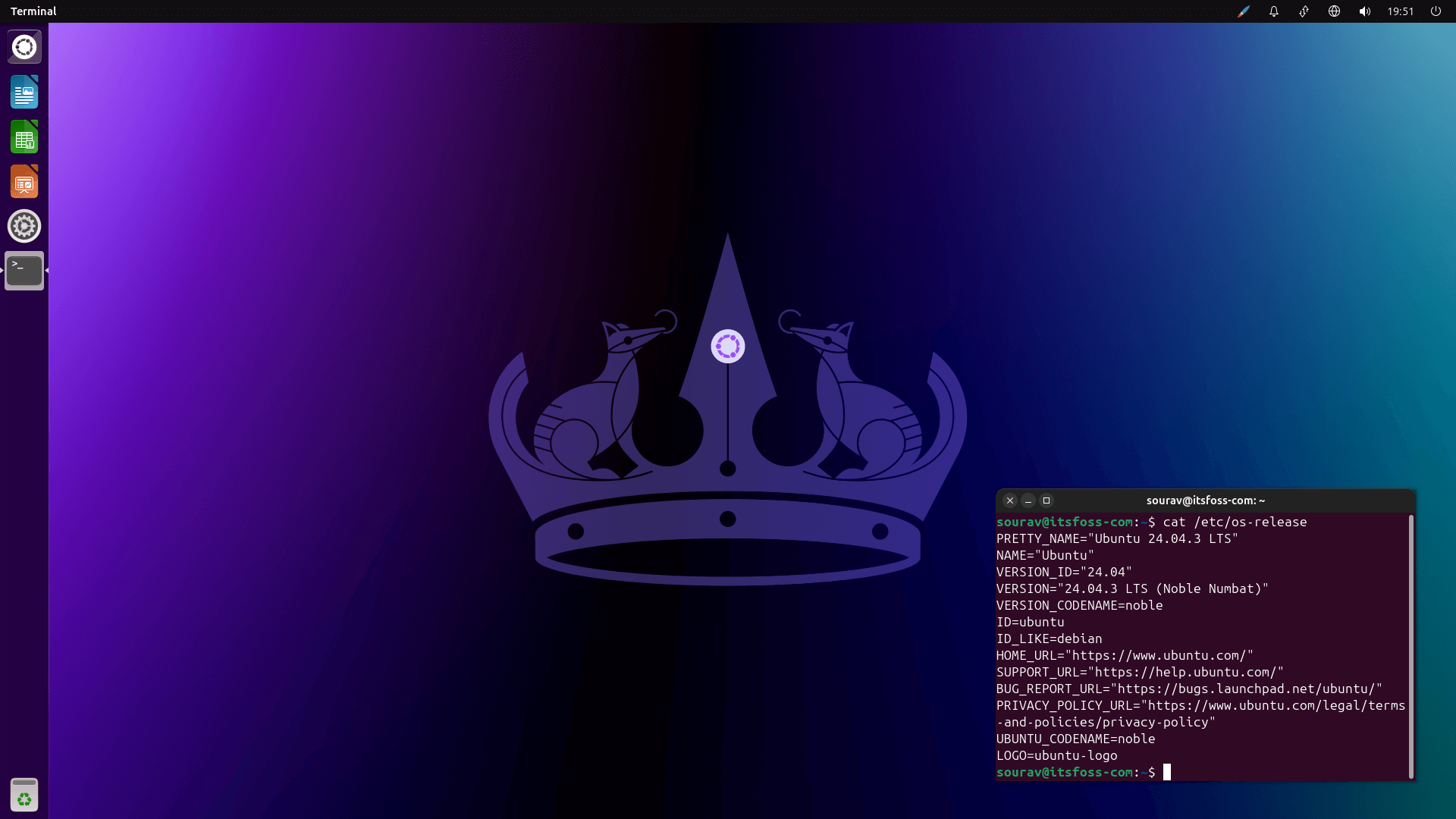
Ubuntu Unity has seen its fair share of ups and downs since its inception. The project first launched in May 2020 as an unofficial remix, bringing back the Unity7 desktop after Canonical discontinued it in 2017.
Created by Rudra Saraswat, Ubuntu Unity was born from community nostalgia for the Unity interface. The project quickly gained traction among users who missed the macOS-like desktop with its global menu bar and dock.
In October 2022, Ubuntu Unity achieved a major milestone. It became an official Ubuntu flavor starting with the 22.10 release, joining the ranks of Kubuntu, Xubuntu, and Lubuntu.
The project has weathered challenges before, but the current situation sounds more concerning seeing that development has basically stopped due to maintainer unavailability.
Ubuntu Unity's Call for Help

Yesterday, Ubuntu Unity team member Maik Adamietz put out a call for help on Ubuntu's Discourse forum, explaining how both he and Rudra have been largely absent from the daily happenings of the project.
Maik stepped away around the 24.10 release for personal reasons but has since returned. Rudra, meanwhile, has had less time since 25.04, presumably due to university-related commitments.
The result? Bugs aren't getting fixed. Testing isn't happening. ISOs are being auto-generated with no one actually checking them. Ubuntu Unity didn't release a stable 25.10 version because of critical bugs. These same bugs hit anyone upgrading from 25.04 or trying to install Unity on other Ubuntu flavors.
Here's the problem. Neither Maik nor Fuseteam, the other Ubuntu team member who has joined up in this revival, have the technical know-how to fix these issues. They don't have the technical skills it takes to be a maintainer, but they're dedicated to keeping Ubuntu Unity going.
They are asking for help fixing bugs and bringing Unity back to working order, like it was with 24.04. The goal is getting through at least the 26.04 LTS release.
If you ask me, this is a classic case of open source maintainer burnout. Key people move on to other life priorities, and projects get stuck. Remember Neofetch? It's lead maintainer archived it in April 2024; his GitHub simply said (back then) that he'd "taken up farming."
Can You Help?
The good news? Some solid suggestions are already coming from the community.
Jeremy Bicha (jbicha) outlined immediate tasks. Ubuntu Unity is the only thing keeping the vino package around, but it is unmaintained and needs replacing. Many Unity packages can't be built right now, and repos need converting from Bazaar to Git.
There's also porting work. Unity components need to move away from unmaintained security-sensitive libraries like pcre3 to pcre2, and libsoup2.4 to libsoup3. These are said to be essential for 26.04 LTS.
But Neal Gompa (Conan_Kudo) pointed out the greatest challenge. Unity needs to move away from Compiz and run on Wayland somehow, whether through Wayfire, a new Mir-based compositor, or something else. He points out that the Compiz+Nux+X11 stack isn't sustainable long-term.
This goes without saying; these changes will need some solid technical know-how to pull off. 🤓
If you have the relevant skills or are a fresher just out of college looking to flex your coding skills, I highly suggest you check out Ubuntu Unity. It is a chance to work on a real distribution with actual users who care about it.
Here's where to start:
The Unity desktop has passionate fans who don't want to see it disappear. With some community support, Ubuntu Unity can weather this storm too.
- Even the biggest players in the Linux world don't care about desktop Linux users. We do.
- We don't put informational content behind paywall. Your support keeps it open for everyone. Think of it like 'pay it forward'.
- Don't like ads? With the Plus membership, you get an ad-free reading experience.
- When millions of AI-generated content is being published daily, you read and learn from real human Linux users.
- It costs just $2 a month, less than the cost of your favorite burger.
Become a Plus Member today and join over 300 people in supporting our work.









